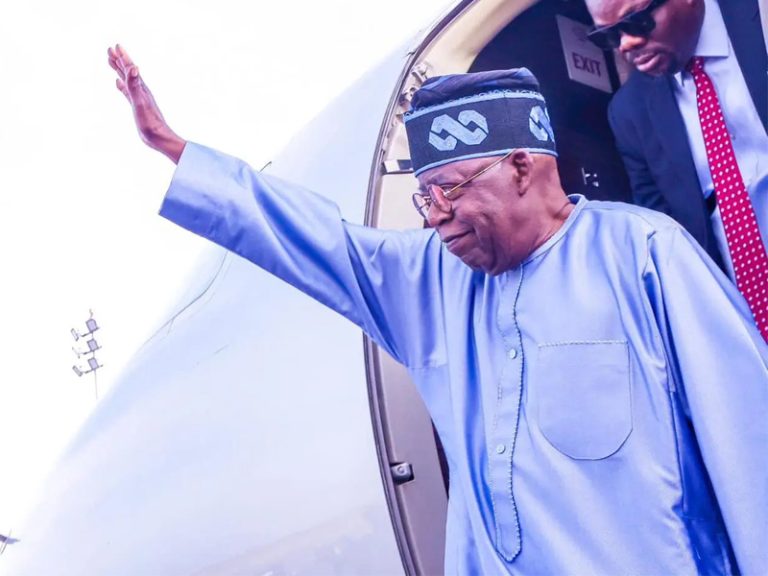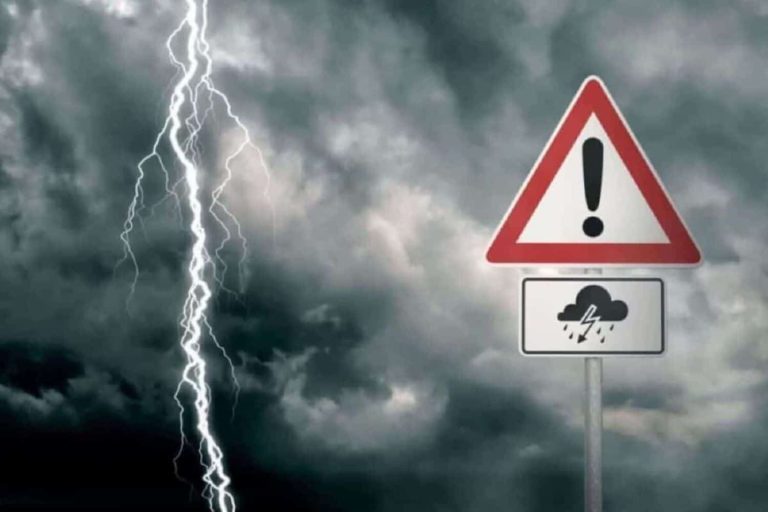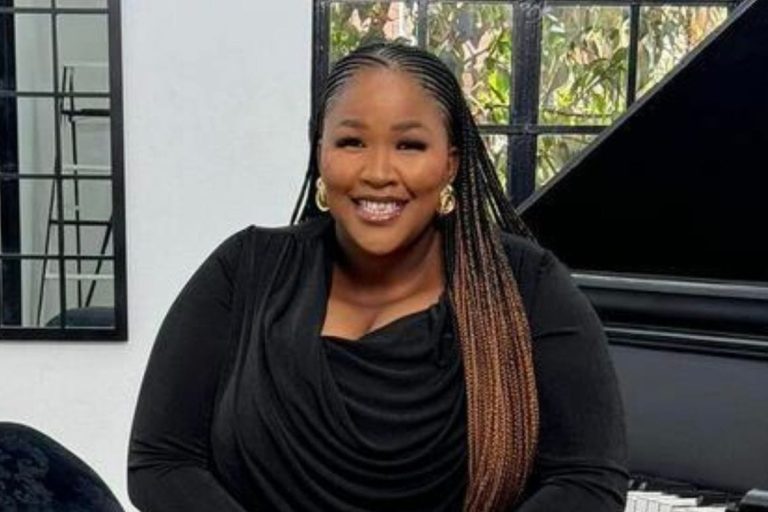
Civil liberties advocates warn that the Trump administration’s decision to revoke visas from at least six foreign nationals over social media posts about Charlie Kirk’s killing marks a dangerous escalation in government policing of political speech.
On Tuesday, the State Department announced it was identifying visa holders who “celebrated the heinous assassination of Charlie Kirk,” declaring that “the United States has no obligation to host foreigners who wish death on Americans.”
Nationals from Argentina, South Africa, Mexico, Brazil, Germany, and Paraguay were among those affected, part of what critics call a broader campaign to suppress dissent following Kirk’s death last month.
“This is censorship, plain and simple,” said Carrie DeCell, senior staff attorney at the Knight First Amendment Institute. “Punishing individuals for expressing opinions online, even offensive ones, violates the most basic principles of free speech.”
The crackdown has targeted individuals with minimal online reach, raising concerns over U.S. monitoring of social media activity. One South African user whose post drew just over 2,300 views reportedly mocked Americans mourning Kirk’s death, according to the State Department.
The actions draw on a digital surveillance system introduced in 2019, when the U.S. began requiring nearly all visa applicants to disclose their social media handles from the previous five years. Initially adopted under Trump’s first administration as part of “extreme vetting,” the policy continued under President Joe Biden and was expanded in March 2025.
A State Department cable has instructed consular officers to conduct comprehensive social media reviews and preserve screenshots of “potentially derogatory” content, even if later deleted.
Civil liberties groups say the latest revocations reflect an alarming blend of surveillance, partisanship, and censorship that could chill global speech.



